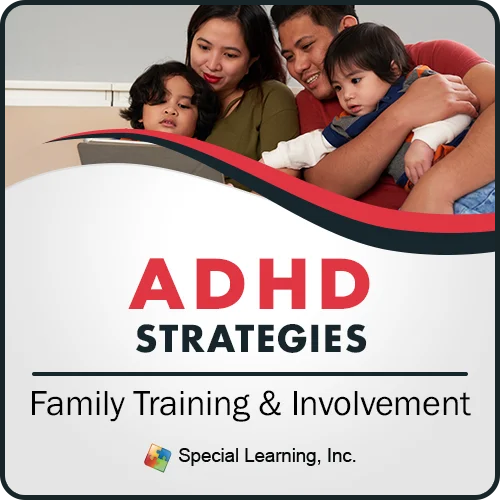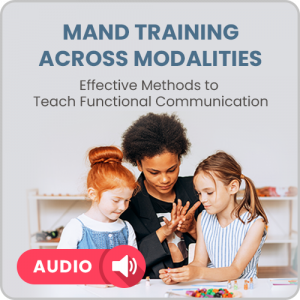Planning for Transition: Need-to-Know Steps and Resources
Seeing your child grow up and lead a healthy and productive life is every parent’s dream. When you have a child with autism, seeing that dream happen requires special planning. Guiding a child with autism through developmental stages requires much dedication, patience, and understanding, especially on your part as a parent(s). Truth be told, each stage of transition your child goes through from toddler to childhood, childhood to adolescence, and adolescence to adulthood can be quite challenging, but making these transitions successful is not only possible, it can also be very rewarding.
Barriers to Transitions
For many people with autism, the most difficult transition is adolescence to adulthood. The person with autism and his/her parents may face daunting realities and new barriers on the development path to independence. In the webcast “Transition Survival 101: How and When to Create a Transition Plan,” Michele LaMarche, BCBA, came up with a list of barriers to transition. Recognizing these barriers is a basic step in helping assess your child’s present situation, and for you to be able to come up with a workable and effective transition plan. These barriers are:
• changes in established, long-term therapeutic relationships;
• differences in adult and children models of care;
• young people’s level of maturity and understanding;
• differing perceptions of the adult care system;
• adult resistance to transfer;
• family stressors;
• inadequate education and training of adult care providers on adolescent disorders;
• lack of organizational support;
• effects of poor transition, and;
• the most disruptive outcome, young people with ongoing needs disengage from services during the transition process.
It is important to come to terms with the reality that change is inevitable. Never ever get too comfortable with your current situation. To ensure a smooth transition, begin thinking about and planning your child’s transition into adulthood early on. It would be helpful to keep a tab of information and support that will come in very helpful as transition issues arise.
Autism, Disabilities and the Law
Equip yourself with knowledge of the law, particularly on autism and disabilities. Listed below are laws that every parent with a child with autism and other disabilities should be aware of:
(1) EPSDT
• Early Periodic Screening Diagnosis and Treatment
• All children with a disability must be provided medically necessary treatment and services
(2) IDEA
• Individuals with Disabilities Education Act (1075)
(3) IDEIA
• Individuals with Disabilities Education Improvement Act (2004)
(4) FAPE
• Free and Appropriate Public Education
(5) WIA
• The Workforce Investment Act (1998)
• One-stop career centers
Transition Support
Be aware of organizations and agencies that can provide you with assistance. Knowing the right resources can introduce your child to many opportunities that will make the transition to adult life more successful. Here is a list of resources that parent(s) with a child with autism should know:
• Social Security Benefits
• Rehabilitation programs and services
• Department of Developmental Disabilities
• Department of Health and Human Services
• Medicaid Waivers
• Medicare
• Medicaid Card Services
• Local community, county, and state services
• Adult day support, day habilitation programs
• Community employment organizations
• Benefit specialists
• Job coaches
• Job assessment services
• Transportation services
• Residential facilities
• Crisis and stabilization facilities
• Group home living options
Many children with autism lead a functioning adult life. They live independently and have careers of their own. To ensure a successful transition, as a parent(s), it is best to always be one step ahead. Begin by talking to counselors or people who have knowledge and experience and can guide you. And, in making your plan, always aim for a realistic, relevant, and well-laid-out plan. Autism and transitioning to adulthood can be hard work, but in the end, all the planning pays off.
Copyright © by Special Learning Inc. All right reserved.
No part of this article may be reproduced in any manner whatsoever without written permission except in the case of brief quotations embodied in critical articles and reviews. For information, contact Special Learning Inc., at: contact@special-learning.com








